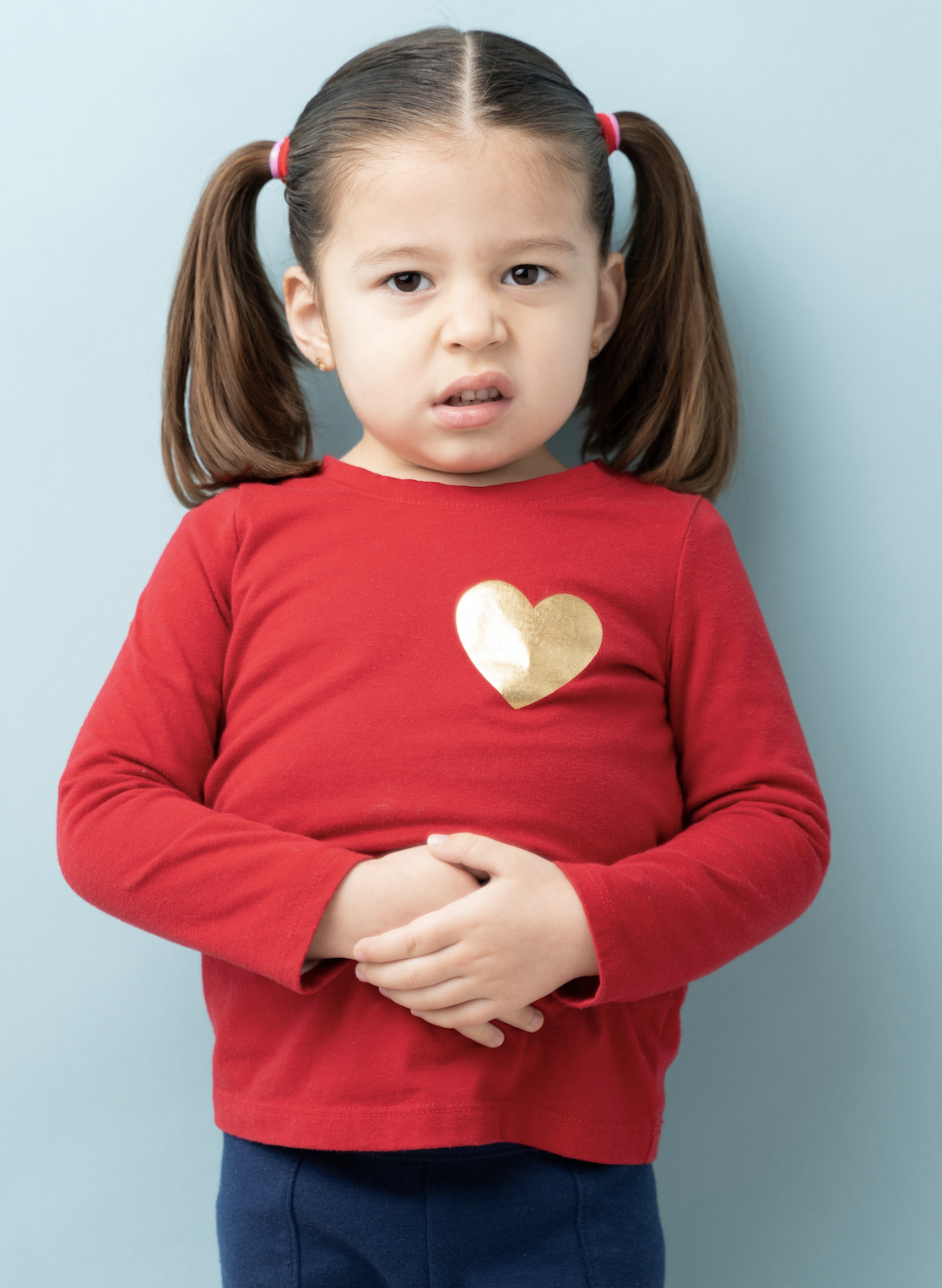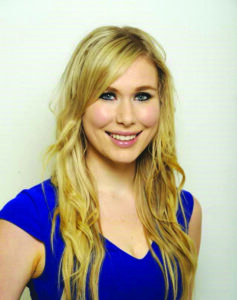
Ask The Expert – I Think My Child Has IBS?
Worried your child has IBS? Well the good news is that IBS does tend to be less common in children than adults, but it can certainly start in childhood and can be quite stressful for parents and the child involved.
There are no exact figures on the prevalence of IBS in children, but studies estimate IBS to impact between 6-14% of children and it can effect children of any age.
Symptoms of IBS in Children
Children with IBS may experience a wide range of symptoms that can make everyday life challenging. While the signs and symptoms of IBS in children may be similar to those in adults, they may have more difficulty communicating their symptoms.
Symptoms can include:
- abdominal pain
- constipation
- diarrhoea
- bloating
- excessive wind
- nausea
Children may take longer than usual when going to the toilet or need to strain to open their bowels. They may not be as hungry or eat as much due to feeling unwell, and may have lower energy levels as a result.
Children may also complain of feelings of incomplete evacuation (like they haven’t fully emptied their bowels).
If you notice any of the signs and symptoms mentioned and suspect your toddler might have IBS, it’s important to make an appointment with your GP as a first point of call.
Your GP will be able to do a thorough examination, run blood tests to check for potential nutritional deficiencies that can contribute to symptoms such as iron deficiency and may also organise a stool sample to rule out any potential infection. They may also look at short-term measures for management such as stool softeners to assist with constipation. Your GP may also refer you to a paediatric gastroenterologist for further investigation if required, and can refer you to a dietitian who works in this space.
Diet can play a major role in managing IBS and gut health in general. I strongly recommend working with an experienced Accredited Practising Dietitian (APD) when looking to make changes to your toddler’s diet. You can find a Monash FODMAP trained dietitian here.
Some key nutritional considerations of focus when it comes to managing IBS for toddlers are fibre and fluid intake. There may be certain foods worsening your child’s symptoms, which a dietitian will be able to assist with whilst ensuring their diet remains nutritionally adequate. I would also recommend speaking with your GP and dietitian before utilising any stool softeners or fibre supplements.

MEET THE EXPERT
Amanda Smith is an Accredited Practising Dietitian (APD) at Verde Nutrition Co. She loves working with individuals with gastrointestinal disorders such as IBS and has gained a reputation amongst some of Australia’s leading gastroenterologists as an expert in gut-related nutrition.

